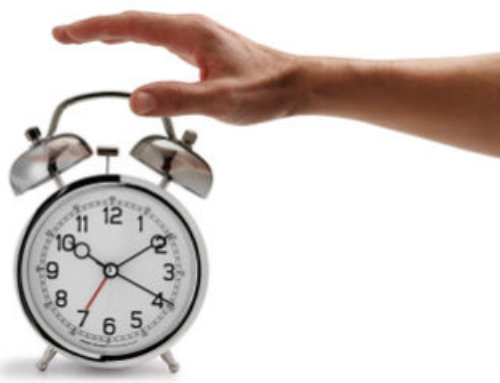Westchester, Ill. – With the days of summer winding down, children will soon be heading back to school. This means getting back into the routine of attending classes, doing homework, working on projects and studying for exams. Because a student’s performance throughout the day is affected by the amount of sleep they get the night before, the American Academy of Sleep Medicine (AASM) reminds children of all ages of the importance of getting a good night’s sleep every night, and encourages parents to enforce a nightly bedtime routine.
During the summer months, many children, especially teenagers, go out with friends and use technological devices late into the night, resulting in an altered sleep-wake schedule. While young adults often “sleep-in” to prevent sleep deprivation while on vacation, such sleep habits need to be corrected when school resumes, to ensure children are able to obtain an adequate amount of nightly sleep.
According to research presented at SLEEP 2009, the 23rd Annual Meeting of the Associated Professional Sleep Societies, adolescents’ ability to stay alert and fully function during the day is impaired by the late-night use of technology and consumption of highly caffeinated beverages in the late afternoon.
Researcher Christina Calamaro, PhD, at Drexel University in Philadelphia said, “Our study found that many adolescents used multiple forms of technology late into the night and concurrently consumed caffeinated beverages. Often several types of technology (cell phone, text messages, DVD, or computer for example) were used simultaneously (‘multitasking’). As a result, adolescents had difficulty staying awake and alert throughout the day.”
Recent studies associate poor sleep and poor sleep habits with an increased risk of health problems such as obesity, cardiovascular disease and diabetes. Emotional and cognitive problems that may arise due to lack of sleep include depression, moodiness or irritability, reduced memory functioning, delayed reaction time and a lack of motivation.
Students who suffer from chronic sleep deprivation may have difficulty learning, thinking, making decisions, using good judgment or solving problems. Adolescents’ immune system and overall health may also be compromised.
According to Jennifer C. Cousins, PhD, at the University of Pittsburgh Medical Center, sleep education may be a preventative tool to help increase students’ awareness of the importance of sleep and of the negative consequences of poor sleep.
The AASM recommends that adolescents get about nine hours of sleep in order to reach their full potential in school and in their personal lives, and offers these tips on how to obtain a good night’s sleep once the school year begins:
- Limit “sleeping in” on the weekends, which makes it harder to wake up for school on Monday.
- Do not stay up all hours of the night to “cram” for an exam or do homework.
- Don’t study, read, watch TV or talk on the phone in bed. Only use your bed for sleep.
- Avoid foods or drinks that contain caffeine, as well as any medicine that acts as a stimulant, prior to bedtime.
- Eat a small snack before bedtime to avoid going to bed hungry.
- Avoid any rigorous exercise within six hours of your bedtime.
- Signal to your body that it’s bedtime by avoiding bright lights in the evening and at night.
- Follow a consistent bedtime routine.
- Make your bedroom quiet, dark and a little bit cool.
The American Academy of Sleep Medicine is the leader in setting standards and promoting excellence in sleep medicine, health care, education and research.








